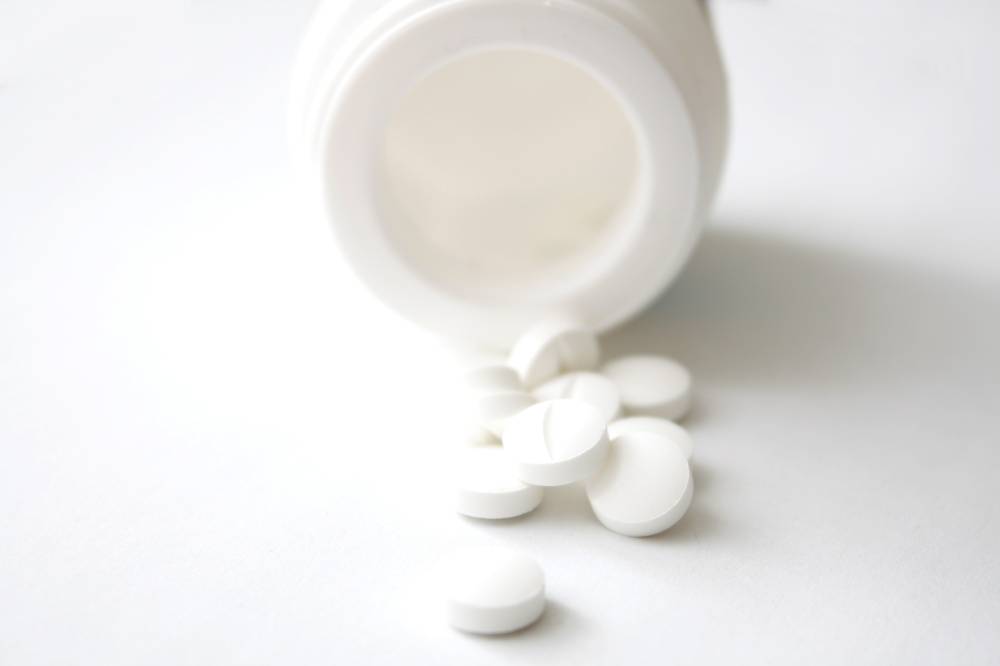Study finds multiple sclerosis drug could aid heart attack recovery
Glatiramer acetate, also known as Copaxone, was found to protect heart muscle and improve its function after a heart attack in mice,

JERUSALEM - Israeli scientists have found that a drug commonly used to treat multiple sclerosis could help people recover from a heart attack, according to a study published on Monday.
Glatiramer acetate (GA), also known as Copaxone, was found to protect heart muscle and improve its function after a heart attack in mice, researchers at the Weizmann Institute of Science said, reported Xinhua.
Unlike other tissues, heart muscle cells do not regenerate after a heart attack. Instead, fibroblasts create scar tissue that can impair the heart's ability to pump blood.
Although the immune system's response to heart damage plays a crucial role in recovery, when the inflammation triggered by the response fails to subside and becomes chronic, the damage can be exacerbated.
In the study, published in Nature Cardiovascular Research, mice with heart attacks were given daily injections of GA. The drug, discovered at the Weizmann Institute of Science in the 1960s, is known to modulate immune system cells and reduce inflammation.
The researchers found that GA enhanced heart function, increased blood flow, and reduced scar tissue formation compared to untreated mice. The drug was effective even when treatment started 24 to 48 hours after the heart attack.
Further testing in rats with chronic heart failure showed that GA improved heart function significantly after two months of treatment.
The promising lab results led to a clinical trial of subcutaneous GA injections in heart failure patients. Results are pending, but the researchers expect them to show significant improvements in inflammation and heart damage markers. - BERNAMA










